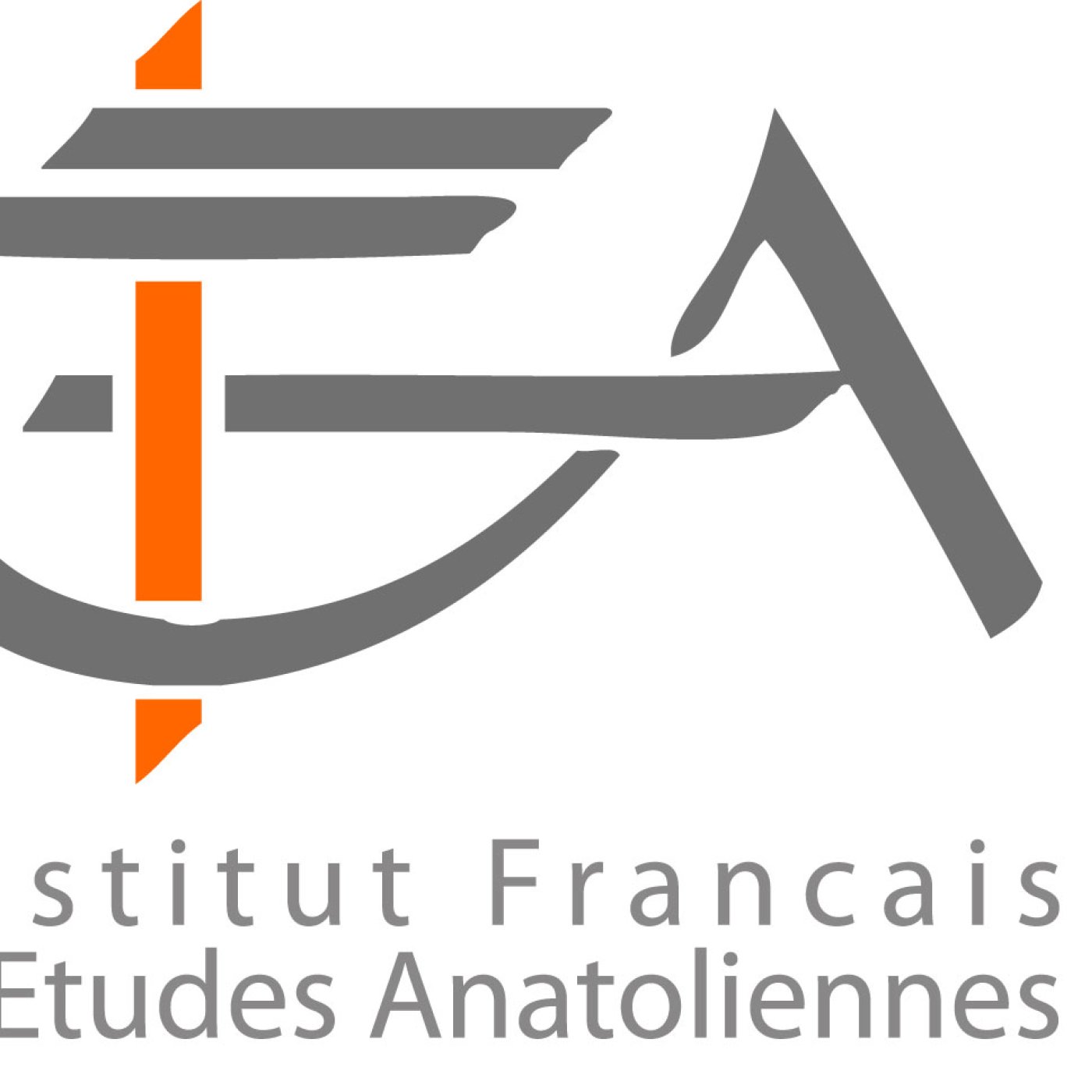Séminaire d'histoire - 1923 from the margin

Intervention en anglais
En hybride
Inscription en présentiel : https://forms.gle/ypqWT5eNDcmTfpuBA
Inscription en ligne : https://zoom.us/j/92834878966?pwd=LFmyYB4TpLZambi1b4yIhPMVu92Bpc.1
ID de réunion: 928 3487 8966
Code secret: 958372
Organisateurs: Philippe Bourmaud (IFEA), Alexis Wick (Koç University), Duygu Şendağ (IFEA) et Seda Altuğ (The Ataturk Institute for Modern Turkish History)
Ce séminaire interroge l’ordre stato-national qui s’instaure en 1922-1923 en Turquie et autour d’elle, à travers les individus et groupes qui se retrouvent le plus difficilement, et à travers les processus par lesquels ils sont renvoyés vers des “marges” de l’Etat, minorisés, dominés et subalternes, altérisés et racisés, confinés à des confins et des périphéries.
Ümit Kurt (University of Newcastle) - Genocide as Patriotic Work Ethic: A Critical Reading of Mustafa Reşat (Mimaroglu)'s Memoirs
This talk centers on the life of the late Ottoman and early Turkish Republican bureaucrat Mustafa Reşat to investigate how he turned into a genocide technocrat. It examines his career and decisions at critical junctions and depicts him as an outstanding representative of a category of perpetrators who prepare the propitious infrastructure, ground, and climate for such large-scale violence as the Armenian Genocide. By shifting the perspective to the type, scale, and level of perpetrating violence, this paper sheds light on how Mustafa Reşat used his administrative and political knowledge and experience to serve Talat Pasha, who was already organizing the deportation and extermination of Armenians. Drawing upon hitherto unmined sources such as his memoirs, it demonstrates how an ultranationalist and dedicated Ottoman bureaucrat and later Republican elite played a pivotal role in determining the main contours of Turkish state's discourse on the "Armenian and Kurdish Questions."
Détails
| Date de l'événement | 26/06/2024 6:00 pm |
| Date de fin | 26/06/2024 8:00 pm |
| Places | 60 |
| Date limite d'inscription | 24/06/2024 12:00 pm |
| Lieu | IFEA |


